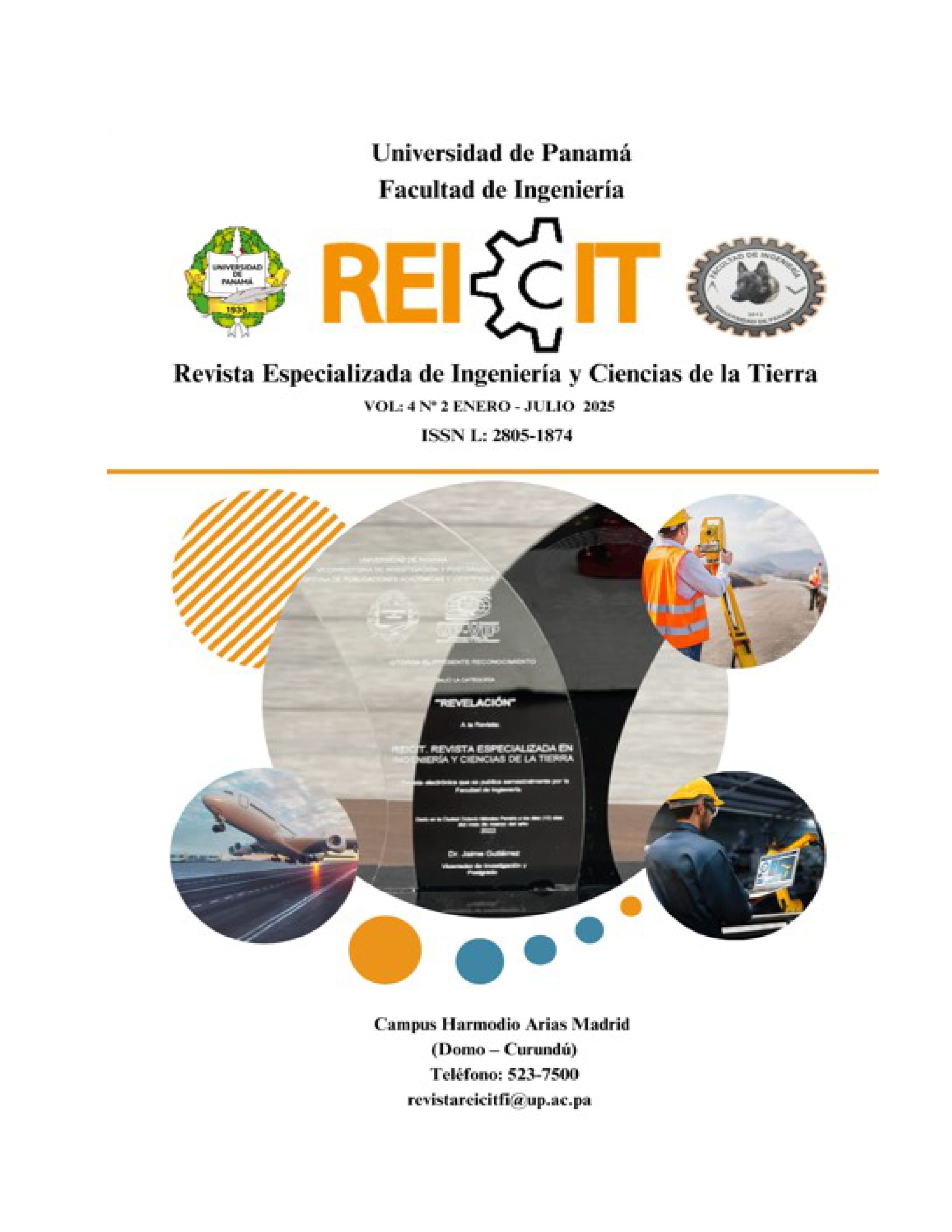
Artículos

Copyright (c) 2025 REICIT

This work is licensed under a Creative Commons Attribution-NonCommercial-ShareAlike 4.0 International License.
This article analyzes the relationship between the consumption of water from artisanal wells and the prevalence of kidney diseases, presenting an overview of access to water in vulnerable communities in Panama. Despite advances in water infrastructure, in Panama, especially in urban areas, a large part of the population in rural and peri-urban areas continues to depend on informal systems such as artisanal wells, which lack adequate quality monitoring. The presence of contaminants such as heavy metals, nitrates and bacteria in these water sources represents a significant risk to kidney health. Furthermore, socioeconomic, geographic, and environmental factors aggravate this situation, highlighting the need to implement public policies, strict regulations, and community education programs that promote equitable access to quality drinking water. This article highlights the importance of a comprehensive approach to ensure the sustainability of water resources and protect the kidney health of the most vulnerable populations. Concluding that the relationship between water and kidney disease highlights the need to strengthen environmental public health programs and promote comprehensive education that enables communities to manage and protect their water sources.
Este obra está bajo una licencia de Creative Commons Reconocimiento-NoComercial-CompartirIgual 4.0 Internacional.
